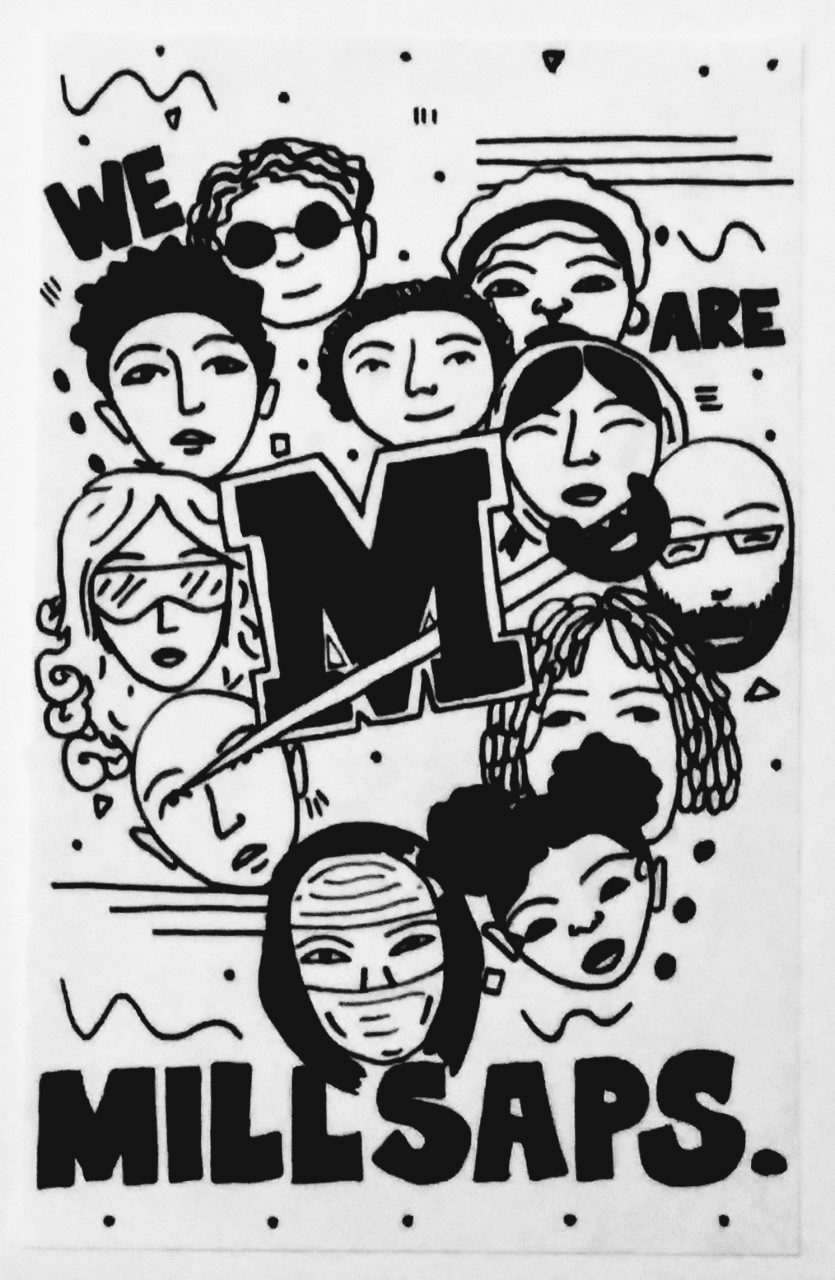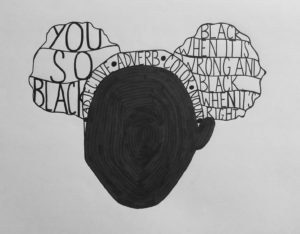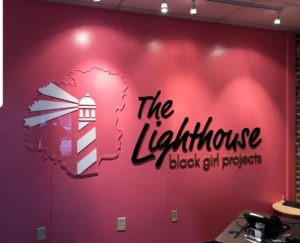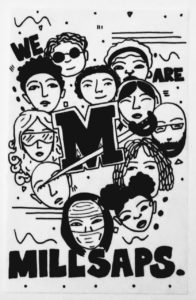A variety of questions were asked during the interview for this article. The interview had eight participants. From these interviews, I have learned a great deal about each participant. I hope the article reflects the knowledge and ideas I have received from every person.
The interview participants included Dr. Michael Pickard, Clint Dooley, Dr. James Bowley, Lorin Brown, Dr. Elise Smith, Shasha Vengesayi, Lydia Grizzell, and Sarah Hayek. Everyone’s responses were phenomenal, consisting of great one liners and tidbits. Although the participants gave different responses to my questions, a few common concepts rose from their answers: communication, education, and exposure.
The following is a found poem from some of the responses:
Stories From Mississippi: Healing the Fractured Bones
I was raised to be racist.
Coming to understand what whiteness really means.
I never really let [my culture] get lost.
[My parents] did everything they could
to keep our culture.”
I was about eight or
nine or ten years old and
accepted who I was.
Situations occurred that made me
more confident in who I was, but
I knew who I was.
Mississippi is a slowly progressing state.
Mississippi felt like a place where we had more
work to do, more civic engagement,
more need for our involvement.”
It’s such an important thing that we talk to each other.
One of the worst things about racism and sexism is
that it excludes so many people from the richness of
our own culture.
Everything could be better for you too…
Everybody gets more…The world gets to
become more colorful and interesting.
[Mississippi] feels like a home in progress.
We recognized that the South was someplace
that needed people to stay there and work there
and not flee from the problems that the South had.
You have to understand [the system] or you won’t get very far.
My parents always let us know that ‘You’re black.
You’re going to have to work twice as hard.’
I never understood the reason why.
Mississippi has come a long way
from its past but has a ways to go.
I think that Millsaps still got a lot of work
to do on race, and we have to be honest with
each other on that. Jackson still has work do,
and the only way we’ll get there is by being
willing to talk and be open with each other.
I was definitely open to learning about the culture.
[Mississippi] has become a place with a
very rich history, often a very painful history,
but I keep learning more about that history and
I think it’s very interesting, culturally rich, and exciting.
Communication, education, and exposure. All applicants alluded to or expressed that at least one of the three helped them know and understand more about race, race relations, racial healing, and the role of race in many of our communities. The participants of this interview are great examples of how racial healing and transformation can come about, especially in a state with a bitter historical reputation like Mississippi—our home in progress.
Clint Dooley – line 1, 30 Dr. Pickard – line 2, 16, 33-37 Sarah Hayek – line 3-5 Lorin Brown – line 6-12 Shasha Vengesayi – line 23 Dr. Bowley – line 17-22, 38-42 Dr. Smith – line 13-14, 24-26 Lydia Grizzell – line 27-29, 31-32




Love this, great job Brittany! 🙂